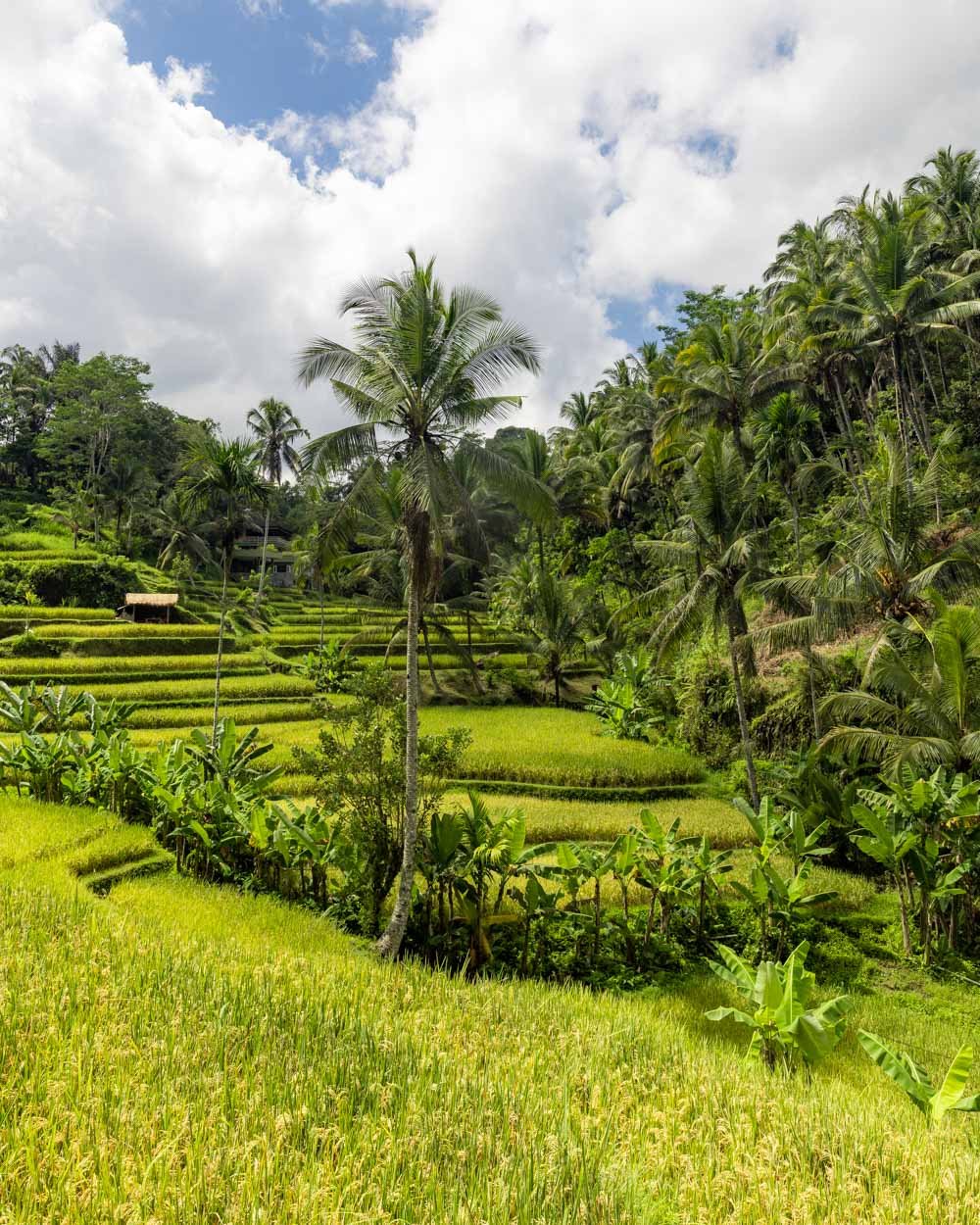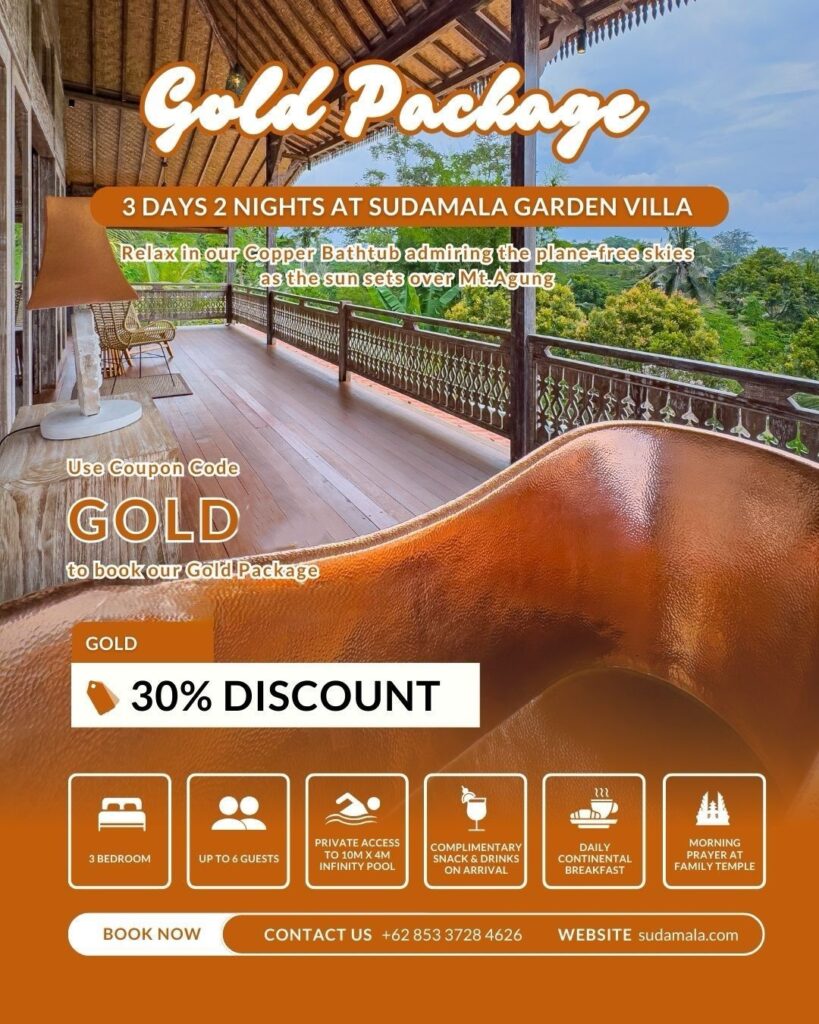Nestled in the emerald hills just north of Ubud, the Tegallalang Rice Paddies are more than a breathtaking backdrop for Instagram photos—they are a living, breathing testament to Bali’s agricultural soul. While many travellers arrive with cameras in hand, few realise they are stepping into a centuries-old story of resilience, community, and harmony with nature. To truly appreciate Tegallalang is to look beyond the postcard and into the heart of Balinese life.
A Landscape Etched by Time

The terraced fields of Tegallalang are not a modern invention. Their origins trace back to the 8th century, when the Balinese subak system—a sophisticated, community-based irrigation network—was introduced. This UNESCO-recognised method reflects the Tri Hita Karana philosophy, which emphasises balance between humans, nature, and the spiritual realm. The rice paddies are not merely agricultural plots; they are sacred spaces where rituals are performed, offerings are made, and ancestral wisdom is passed down through generations.
Walking through the terraces, one can still see farmers tending to their crops with the same care and reverence as their forebears. The rhythmic splash of water through bamboo aqueducts, the scent of damp earth, and the sight of ducks waddling between rows of young rice shoots all speak to a way of life that has endured despite the pressures of modernity.
Cultural Immersion Through Bali Cultural Tours
For those seeking a deeper connection to this heritage, Bali cultural tours offer an immersive experience. These guided journeys often begin in nearby villages, where visitors are welcomed into family compounds and introduced to traditional crafts such as wood carving, batik painting, and gamelan music. From there, the tours wind through the rice paddies, with local guides sharing stories of the land, the subak system, and the spiritual significance of rice in Balinese culture.
Some tours even include participation in temple ceremonies or visits to sacred springs, offering a rare glimpse into the island’s spiritual life. These experiences are not staged performances for tourists—they are genuine expressions of a culture that continues to thrive in harmony with its environment.
From Field to Fork: The Rise of the Bali Cooking Class

One of the most delicious ways to engage with Tegallalang’s living history is through a Bali cooking class. Many of these classes begin with a visit to an Organic Farmers Market, where participants handpick fresh ingredients—lemongrass, galangal, turmeric, and vibrant chillies—while learning about their medicinal and culinary uses.
Back at the cooking school, often set in a traditional open-air kitchen overlooking the rice fields, local chefs guide guests through the preparation of classic dishes such as nasi goreng, sate lilit, and lawar. The experience is as much about storytelling as it is about cooking. Each recipe is steeped in tradition, and every spice blend carries the memory of generations.
These classes not only teach culinary skills but also foster a deeper appreciation for the land and the people who cultivate it. They are a celebration of the farm-to-table ethos long before it became a global trend.
Permaculture Bali: A Return to Roots
In recent years, Tegallalang has become a hub for permaculture Bali initiatives. These projects aim to revive traditional farming methods while integrating modern ecological practices. At the heart of permaculture is the belief that agriculture should mimic natural ecosystems, promoting biodiversity, soil health, and sustainability.
Visitors can tour permaculture farms where rice grows alongside bananas, papayas, and medicinal herbs. Composting, natural pest control, and water conservation are not just buzzwords here—they are daily practices. Some farms offer workshops on seed saving, organic fertiliser production, and even natural building techniques using bamboo and earth.
These initiatives are not only preserving the land but also empowering local communities. By embracing permaculture, farmers are reclaiming their autonomy and resisting the pressures of industrial agriculture and mass tourism.
The Organic Farmers Market: A Community Gathering
 Every weekend, a short drive from Tegallalang leads to a bustling Organic Farmers Market in Ubud. More than just a place to buy produce, the market is a vibrant community hub where locals and visitors mingle over cups of herbal tea and plates of vegan nasi campur.
Every weekend, a short drive from Tegallalang leads to a bustling Organic Farmers Market in Ubud. More than just a place to buy produce, the market is a vibrant community hub where locals and visitors mingle over cups of herbal tea and plates of vegan nasi campur.
Stalls brim with organic vegetables, handmade soaps, natural remedies, and artisanal snacks. Farmers share stories of their harvests, while musicians strum acoustic guitars under the shade of banyan trees. It’s a place where the values of sustainability, wellness, and community come alive.
For those staying in Tegallalang, the market offers a chance to support local producers and bring a taste of Bali’s fertile soil back to their villa kitchens.
Embracing Slow Living in Tegallalang
Perhaps the most profound lesson Tegallalang offers is the art of Slow Living. In a world that often values speed and efficiency, the rice terraces invite us to pause, breathe, and observe. Here, time is measured not in minutes but in seasons—the planting of seedlings, the ripening of grain, the rhythm of the rains.
Many travellers come to Tegallalang seeking escape from the frenetic pace of modern life. They find it in early morning walks through misty paddies, in conversations with farmers who know every contour of the land, and in the quiet satisfaction of preparing a meal from ingredients grown just metres away.
Slow Living in Tegallalang is not about doing less—it’s about doing with intention. It’s about choosing experiences that nourish the soul, honour the earth, and connect us to something greater than ourselves.
Beyond the Postcard
The Tegallalang Rice Paddies are undeniably beautiful. Their emerald tiers cascading down the hillsides are a marvel of human ingenuity and natural grace. But to stop at the view is to miss the deeper story.
This is a place where history is not confined to museums but lived every day. It is a landscape shaped by devotion, sustained by community, and enriched by a profound respect for nature. Whether through a Bali cultural tour, a Bali cooking class, a visit to the Organic Farmers Market, or an exploration of permaculture Bali, Tegallalang offers countless ways to engage with its living heritage.
So next time you find yourself gazing out over those iconic terraces, take a moment to look beyond the postcard. Listen to the wind rustling through the rice stalks. Watch the farmers at work. Taste the flavours of the land. And let Tegallalang remind you of the beauty that comes from living in harmony—with the earth, with each other, and with time itself.

